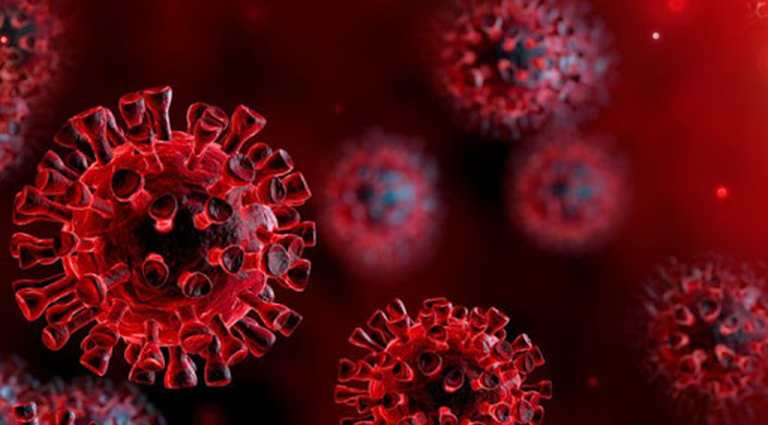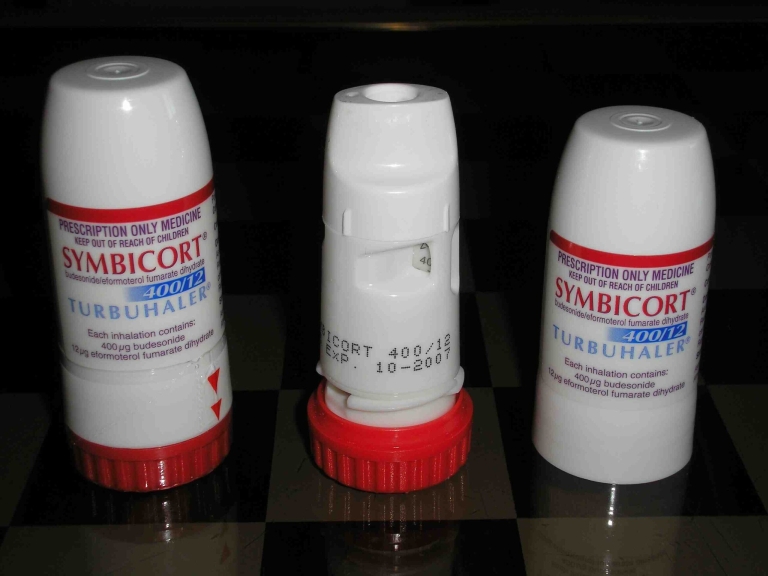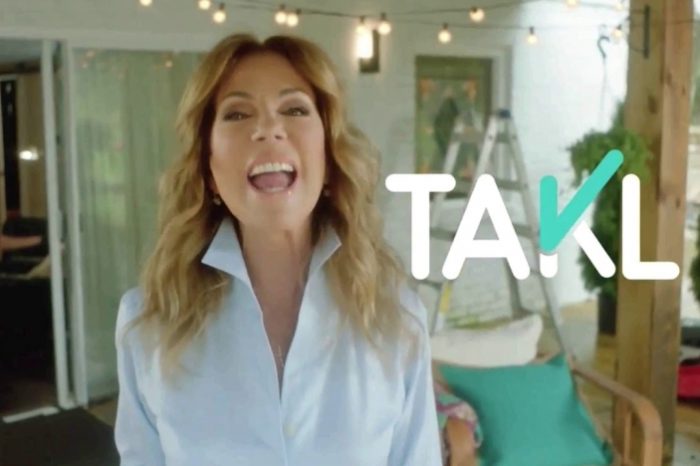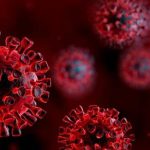New Oxford University study found that common asthma inhaler reduces COVID-19 by 90% in severe covid symptoms; Researchers say the effect is “equivalent to the efficacy of COVID-19 vaccines”

A new study led by researchers at Oxford University and Queensland University Medical found that a commonly used asthma treatment appears to reduce the need for hospitalizations as well as recovery time for COVID-19 patients if given within seven days of symptoms appearing. The trial was conducted in Britain.
Researchers also said the effect of the inhaler “is equivalent to the efficacy seen following the use of COVID-19 vaccines and greater than that reported in any treatments used in hospitalized and severe COVID-19 patients.”
British and Australian researchers say the clinical trial using a cheap asthma inhaler to prevent COVID-19 patients developing severe symptoms has produced “incredible” results. The findings from the phase 2 randomized study, which was supported by the NIHR Oxford Biomedical Research Centre (BRC), were also published on the medRxiv pre-print server.
According to the study, patients in the trial were given simple steroid inhalers* when they presented at the hospital with symptoms of the disease. The findings from 146 people – of whom half took 800 micrograms of the medication twice a day and a half were on usual care – suggest that inhaled budesonide reduced the relative risk of requiring urgent care or hospitalization by 90% in the 28-day study period. Participants allocated the budesonide inhaler also had a quicker resolution of fever, symptoms, and fewer persistent symptoms after 28 days.

Professor Mona Bafadhel of the University’s Nuffield Department of Medicine, who led the trial, said: ‘There have been important breakthroughs in hospitalized COVID-19 patients, but equally important is treating early disease to prevent clinical deterioration and the need for urgent care and hospitalization, especially to the billions of people worldwide who have limited access to hospital care.
Queensland University of Technology (QUT) associate professor Dan Nicolau, one of the lead researchers on the trial at the University of Oxford, said the results showed the method was extremely effective at preventing severe COVID-19 symptoms.
“We have demonstrated that the inhaled glucocorticoid, budesonide, given for a short duration, may be an effective treatment of early COVID-19 disease in adults. This effect, with a relative reduction of 90% of clinical deterioration is equivalent to the efficacy seen following the use of COVID-19 vaccines and greater than that reported in any treatments used in hospitalized and severe COVID-19 patients.”
The study concludes that “Early administration of inhaled budesonide reduced the likelihood of needing urgent medical care and reduced time to recovery following early COVID-19 infection.”
Below is the abstract of the study.
Abstract
Background Multiple early hospital cohorts of coronavirus disease 2019 (COVID-19) showed that patients with chronic respiratory disease were significantly under-represented. We hypothesized that the widespread use of inhaled glucocorticoids was responsible for this finding and tested if inhaled glucorticoids would be an effective treatment for early COVID-19 illness.
Methods We conducted a randomized, open label trial of inhaled budesonide, compared to usual care, in adults within 7 days of the onset of mild Covid-19 symptoms. The primary endpoint was COVID-19-related urgent care visit, emergency department assessment or hospitalization. The trial was stopped early after an independent statistical review concluded that study outcome would not change with further participant enrolment.
Results 146 patients underwent randomisation. For the per protocol population (n=139), the primary outcome occurred in 10 participants and 1 participant in the usual care and budesonide arms respectively (difference in proportion 0.131, p=0.004). The number needed to treat with inhaled budesonide to reduce COVID-19 deterioration was 8. Clinical recovery was 1 day shorter in the budesonide arm compared to the usual care arm (median of 7 days versus 8 days respectively, logrank test p=0.007). Proportion of days with a fever and proportion of participants with at least 1 day of fever was lower in the budesonide arm. Fewer participants randomised to budesonide had persistent symptoms at day 14 and day 28 compared to participants receiving usual care.
Conclusion Early administration of inhaled budesonide reduced the likelihood of needing urgent medical care and reduced time to recovery following early COVID-19 infection.
(Funded by Oxford NIHR Biomedical Research Centre and AstraZeneca; ClinicalTrials.gov number, NCT04416399)
Below are additional excerpts from the study.
Discussion
We have demonstrated that the inhaled glucocorticoid, budesonide, given for a short duration,
may be an effective treatment of early COVID-19 disease in adults. This effect, with a relative
reduction of 90% of clinical deterioration is equivalent to the efficacy seen following the use of COVID-19 vaccines14,15 and greater than that reported in any treatments used in hospitalized and severe COVID-19 patients16-18. The broad inclusion criteria make this study intervention
relevant to health care systems worldwide.
Inhaled budesonide is a simple, safe, well studied, inexpensive and widely available treatment. The number of participants needed to treat to prevent increased health care resource utilization is 8, and combined with the short treatment period required to achieve benefit, makes this potentially an affordable and scalable intervention for early COVID-19.
This is especially significant in low- and middle-income countries where the majority of currently approved COVID-19 treatments are unlikely to ever reach patients as a consequence of variable healthcare systems19. For example, although dexamethasone is a widely available and cheap medicine, and is effective in reducing mortality in severe and intensive care related COVID-19, this is unfortunately largely irrelevant in countries which have limited intensive care or hospital capacity20,21.
Furthermore, in high-income countries, inhaled budesonide could work as an adjunct to reduce pressure on health care systems until widespread SARS-CoV-2 vaccination can be achieved. Unlike with vaccines, the efficacy of inhaled budesonide is unlikely to be affected by any emergent SARSCoV-2 variant22

